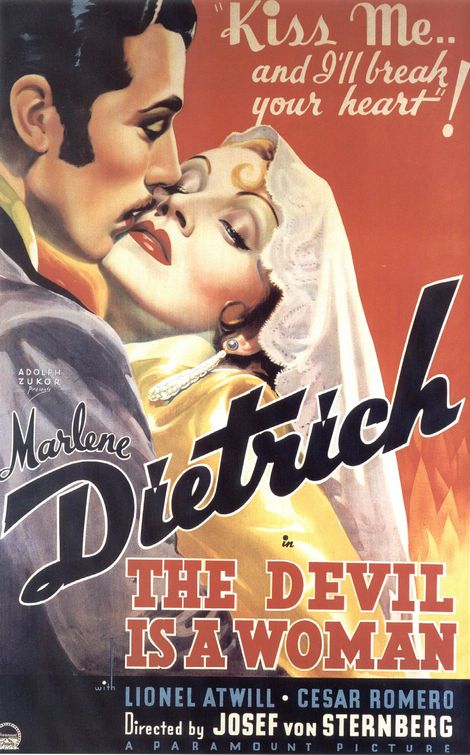Articles comportant le mot-clé "CAMP"
must be Lacan Camp
[ 24 février 2010 / 24 mars 2010 ]To patronize the faculty of taste is to patronize oneself.
To emphasize style is to slight content, or to introduce an attitude which is neutral with respect to content.
Camp sees everything in quotation marks. It’s not a lamp, but a “lamp”; not a woman, but a “woman ».
To perceive Camp in objects and persons is to understand Being-as-Playing-a-Role. It is the farthest extension, in sensibility, of the metaphor of life as theater.
Life is not stylish. Neither is nature.
In naïve, or pure, Camp, the essential element is seriousness, a seriousness that fails. Of course, not all seriousness that fails can be redeemed as Camp. Only that which has the proper mixture of the exaggerated, the fantastic, the passionate, and the naïve.
When something is just bad (rather than Camp), it’s often because it is too mediocre in its ambition. The artist hasn’t attempted to do anything really outlandish. (“It’s too much,” “It’s too fantastic,” “It’s not to be believed,” are standard phrases of Camp enthusiasm.)
The hallmark of Camp is the spirit of extravagance. Camp is a woman walking around in a dress made of three million feathers. Camp is the paintings of Carlo Crivelli, with their real jewels and trompe-l’oeil insects and cracks in the masonry. Camp is the outrageous aestheticism of Steinberg’s six American movies with Dietrich, all six, but especially the last, The Devil Is a Woman… In Camp there is often something démesuré in the quality of the ambition, not only in the style of the work itself. Gaudí’s lurid and beautiful buildings in Barcelona are Camp not only because of their style but because they reveal — most notably in the Cathedral of the Sagrada Familia — the ambition on the part of one man to do what it takes a generation, a whole culture to accomplish.
26. Camp is art that proposes itself seriously, but cannot be taken altogether seriously because it is “too much.”Titus Andronicus and Strange Interlude are almost Camp, or could be played as Camp. The public manner and rhetoric of de Gaulle, often, are pure Camp.
34. Camp taste turns its back on the good-bad axis of ordinary aesthetic judgment. Camp doesn’t reverse things. It doesn’t argue that the good is bad, or the bad is good. What it does is to offer for art (and life) a different — a supplementary — set of standards.
Something is good not because it is achieved, but because another kind of truth about the human situation, another experience of what it is to be human – in short, another valid sensibility — is being revealed.
38. Camp is the consistently aesthetic experience of the world. It incarnates a victory of “style” over “content,” “aesthetics” over “morality,” of irony over tragedy.
44. Camp proposes a comic vision of the world. But not a bitter or polemical comedy. If tragedy is an experience of hyperinvolvement, comedy is an experience of underinvolvement, of detachment.
49. It is a feat, of course. A feat goaded on, in the last analysis, by the threat of boredom. The relation between boredom and Camp taste cannot be overestimated. Camp taste is by its nature possible only in affluent societies, in societies or circles capable of experiencing the psychopathology of affluence.
55. Camp taste is, above all, a mode of enjoyment, of appreciation – not judgment. Camp is generous. It wants to enjoy.
57. Camp taste nourishes itself on the love that has gone into certain objects and personal styles.
